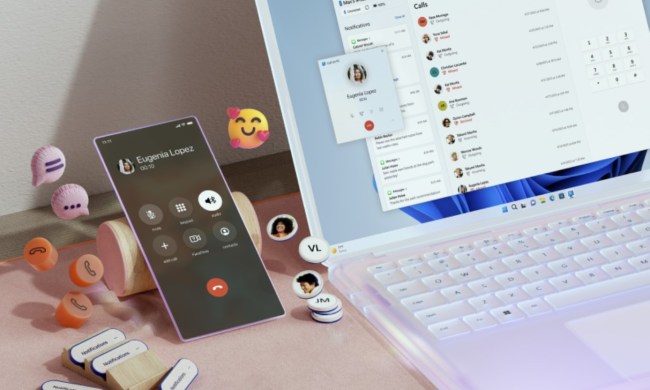With so many restaurants and cafes currently closed due to the coronavirus (COVID-19) outbreak, grocery stores are busier than ever with customers seeking to replenish their food supplies. But the crowded shopping aisles make social distancing pretty much impossible, creating fear among customers who just want to get in and out as quickly as possible.
OpenTable says it can help to ease the stress of grocery store visits by allowing customers to reserve shopping times to prevent overcrowding.
Using the knowledge that it has gained through the operation of its online restaurant reservations service, the San Francisco-based company is launching a new system that allows grocery stores and other retailers to offer bookable shopping times that customers can reserve before they leave home.
“Not only does this help control crowds in a simple and contactless way, it also provides a safer option for shoppers, especially those at high risk, to get their groceries without waiting in a crowded line,” OpenTable told Digital Trends in an emailed statement.
The tool has only just been incorporated into its app and website and so at launch only has a handful of California-based stores taking part, but OpenTable is encouraging other interested retailers to get in touch.
The company also says that restaurants shuttered by shelter-in-place orders might want to turn their space into a temporary retail store to sell goods, groceries, or pre-made meals, with the reservation tool helping to control traffic to their premises.
“As the COVID-19 pandemic continues, our new software enables our restaurant partners to pivot to takeout, delivery, and storefront business models,” said Joseph Essas, OpenTable’s chief technology officer. “We hope this new solution provides similar support for retailers and grocers to help them safely manage the influx of shoppers.”
Of course, another way to avoid crowded supermarkets is to simply stay in and order your groceries online. Digital Trends has an up-to-date collection of some of the best services available, though, during these challenging times, stock and delivery times may be limited.
Whether similar issues, such as long waits for shopping slots, affect OpenTable’s new service remains to be seen, but giving customers another option for stress-free shopping is surely a welcome development.


